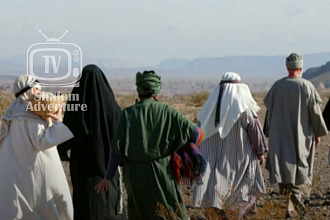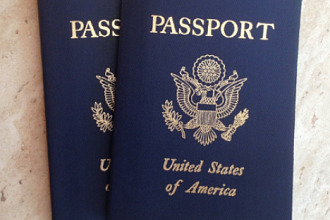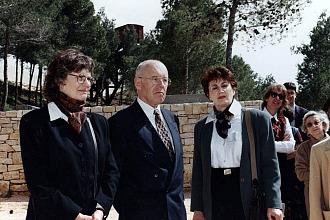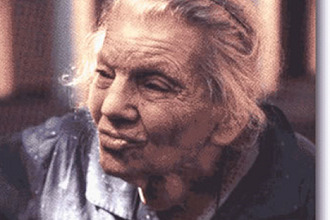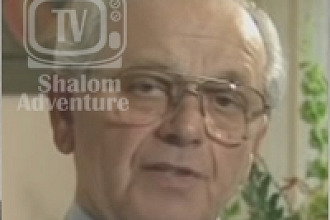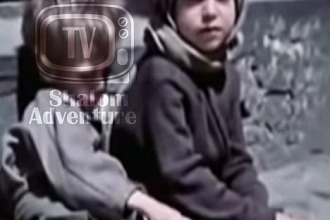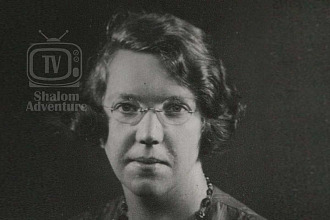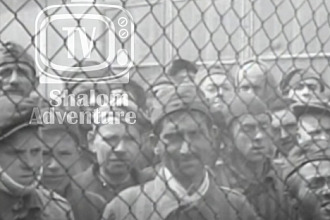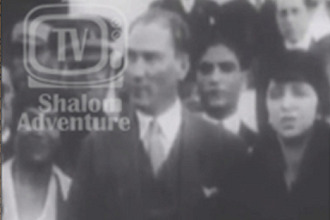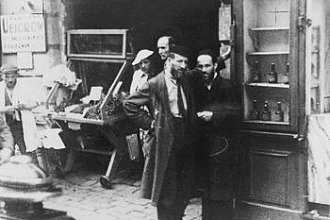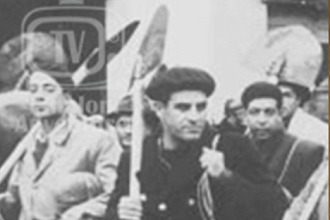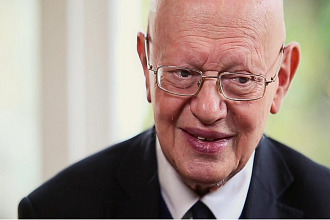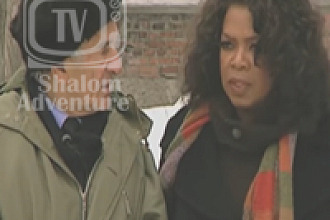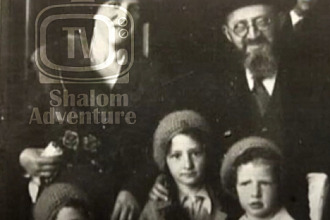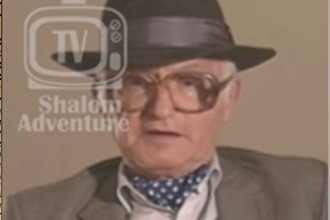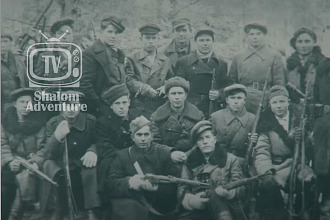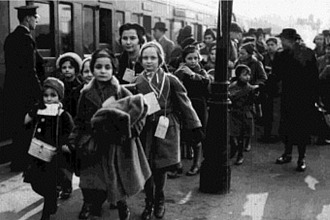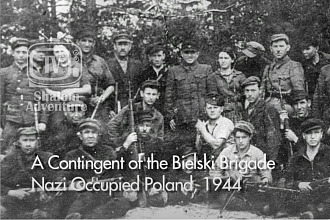Gino Bartali, born in poverty to a Catholic family in Tuscany, grew up as an enthusiastic and passionate bicyclist. He won his first Giro d'Italia in 1936, won a second time in 1937, then again in 1946, and also won the championships in the 1938 and 1948 Tour de France. His first Tour de France victory was much to the delight of the then Italian leader and head of the National Fascist Party, Benito Mussolini.
"Mussolini believed that if an Italian rider triumphed in the Tour it would show that Italians too belonged to the master race," BBC News reports Bartali's son Andrea as telling film directors who later produced a documentary on his father’s life.
"It was a matter of national pride and fascist prestige that my father won the 1938 Tour, so he was under real pressure."
During the early years of the war, Jews could still live peacefully in Italy. Jews in Italy at this time were primarily based in Rome, Venice, Trieste, Turin, Florence, and Ferrara, and were rather secular and well integrated and respected in their generally urban communities. There were restrictions imposed on Jews by Mussolini’s government, but life was still peaceful. Most Italians were sympathetic to their Jewish friends and neighbors, and sought to protect them at all costs.
However, in 1943, Mussolini’s fascist government fell, the Nazis started penetrating Italy’s northern border, rounding up Jews, and sending them to the exterimination camps of Eastern Europe. Nearly 10,000 Italian Jews are believed to have been deported, primarily to Auschwitz. Yet, nearly 80 percent Jewish people of Italy survived the Holocaust because their Italian neighbors helped them and did not abandon them.
In response to the Nazi occupation of Italy, an underground resistance network formed with the help of the the Cardinal of Florence and a local archbishop who wanted to help save the Jewish people. Bartali partnered with this secret church group using his bicycle to transport photographs and forged identity documents to and from a secret printing press hidden in the frame and handlebars of his bicycle.
“He smuggled documents in the frame of his bike, thinking that if he would be stopped by the Nazis, he would tell them that nobody should touch his bike because it was set up perfectly for racing, it shouldn't be tinkered with,” Jonathan Freedman, a passionate bicyclist told PRI Sports News.
His professional cycling skills and years of training proved invaluable for the distances across the Italian peninsula, and his sports celebrity status also helped protect him against stops by the police.
"We've seen documentation that he travelled thousands of kilometers across Italy, travelling the roads between cities as far apart as Florence, Lucca, Genoa, Assisi, and the Vatican in Rome," one film producer commented.
It emerged after the war that Bartali also hid a Jewish family in his personal cellar in Tuscany. Yet, Bartali did not want much public recognition for his roles in saving the Italian Jews from the Nazis.
"He didn't want to be acknowledged for what he had done; few of those he helped ever knew his name or what role he had played in their rescue," the film producer continued.
"When people were telling him, 'Gino, you're a hero,' he would reply, 'No, no, I want to be remembered for my sporting achievements. Real heroes are others, those who have suffered in their soul, in their heart, in their spirit, in their mind, for their loved ones. Those are the real heroes. I'm just a cyclist,’” his son elaborated.
Written by Erin Parfet






